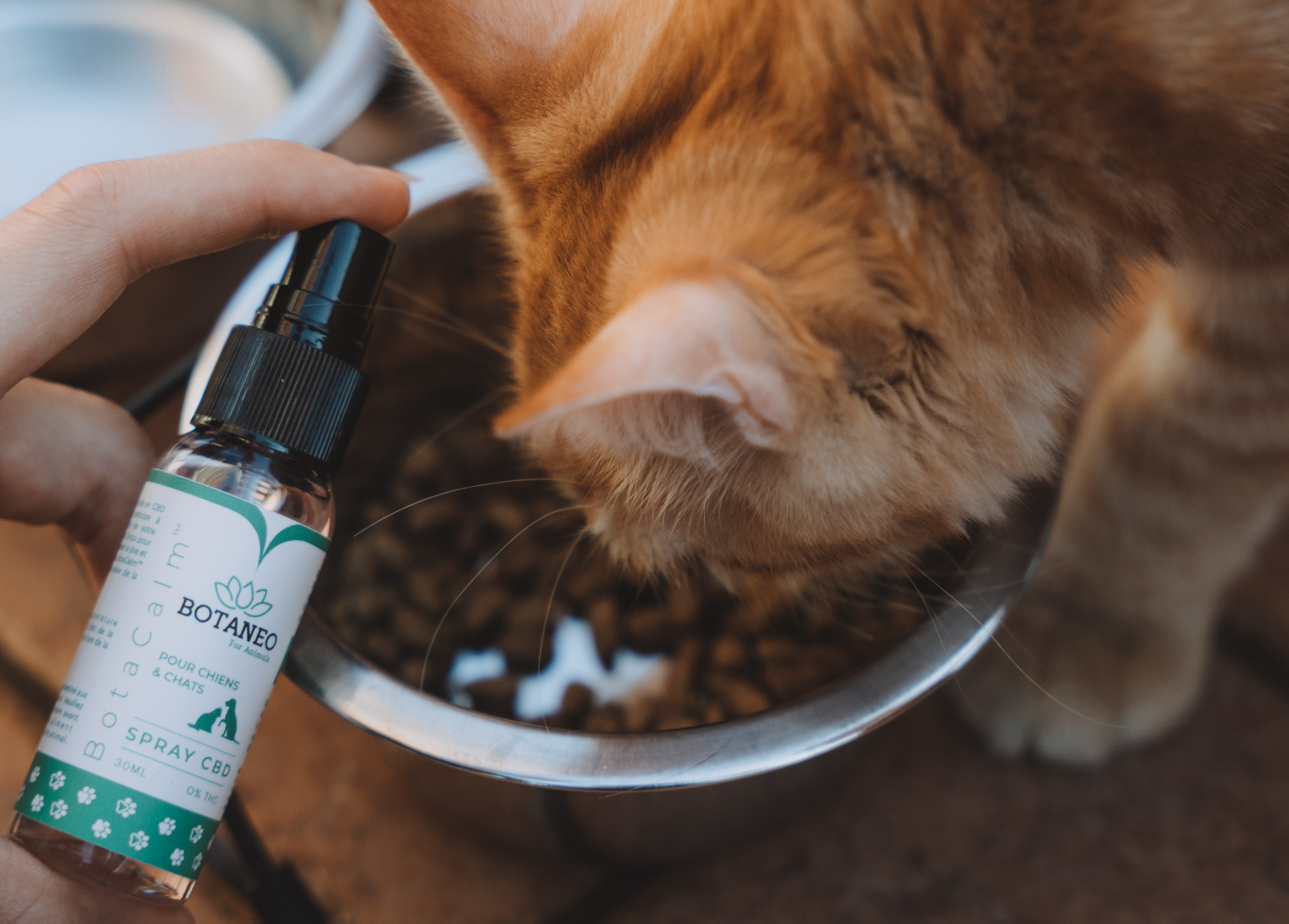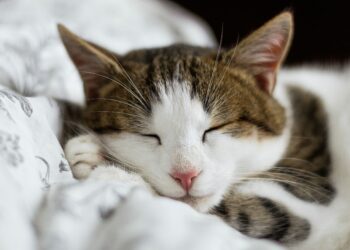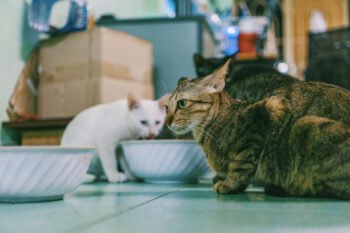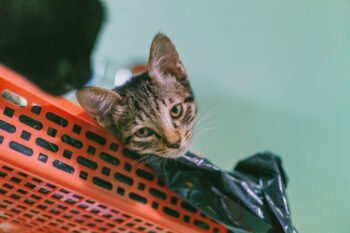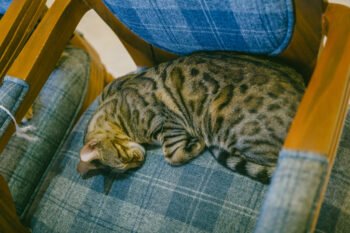Cats are known for their consistent behavior, but seemingly without warning, their habits may change. A ravenous eater may walk away from a once-favored food. A social butterfly could suddenly spurn the charms of its humans.
Snubs do indeed happen. What follows will help explain why, and what you can do to get your furry little friend back to its former self.
Determining the Reasons
Behavioral changes in cats are often due to one of two causes: illness or anxiety. When your cat’s behavior morphs suddenly and dramatically, the first thing to do is consult with your veterinarian. “You want to be able to rule out the possibility that there is something medically wrong with the cat,” explains L.A.-based cat behaviorist Marva Marrow.
Decreased food intake can be indicative of a number of medical issues, from poor dental health, which can make eating painful, to cancer, especially when there are other symptoms, like diarrhea or lethargy. Less interest in social interaction can also be a sign of sickness. “A cat that’s not feeling well may want to stay away from people or other animals it normally loves,” says Marrow.
All Stressed Out
Think your cat leads a relaxing life of leisure? That might be the case — most of the time. But boredom and sudden changes are common causes of stress in felines. Anxiety-riddled cats will often withdraw socially, appearing to “snub” both you and its food. “Cats aren’t jealous, but they are territorial,” says Marrow. “If there’s a new family member, or even a visiting family member or boyfriend, the cat could be very sensitive to this new person, especially if the cat is strongly bonded with its owner.”
To help your cat relax when experiencing change or visitors, Marrow recommends giving it extra attention. “Make sure the cat has a place that is its own, where it can get away. Create a safe haven — like a bathroom, or some other type of enclosure — and then go visit the cat in that haven. You should spend as much time as possible there, but even five minutes, twice a day will make a difference.”
Other Reasons for Snubbing Food
Just like people, your cat’s taste in food can change over time. Consider alternating between flavors every so often to keep your cat interested. Your cat may also eventually tire of dry foods high in vegetable protein. Cats are carnivores and will always be attracted by meat so try a food that lists meat as its first ingredient. Of course, dishes are also important. Your furry friend should have its own glass, ceramic, or stainless steel bowl (it can develop allergies to plastic) that is regularly washed with the same detergent, since new “flavors” of detergent can turn a cat off. The bowl should be large enough for your cat to lower its face without cramming it into the edge, and it should be placed on a no-slide mat.
Guest Snubs
“A lot of cats are not friendly with strangers,” says Marrow. “Some cats are very shy.” It’s not a big deal. They’re not circus animals.” If a guest is staying for longer periods, or has a deep desire to bond with the pet of the house, Marrow suggests that the visitor make patient, friendly overtures to your cat, offering special food treats or sitting quietly in your feline’s safe haven. Over time, the cat may like your guest as much as you do.


